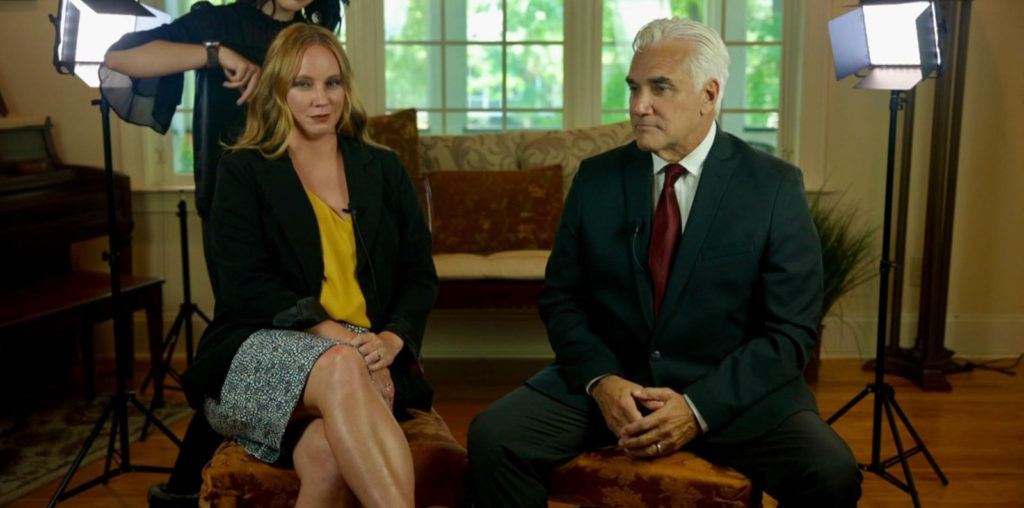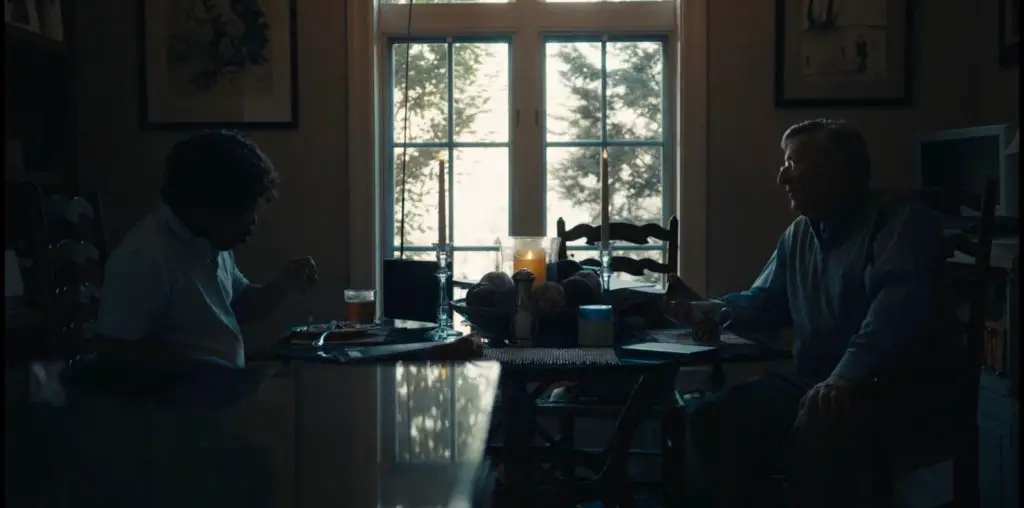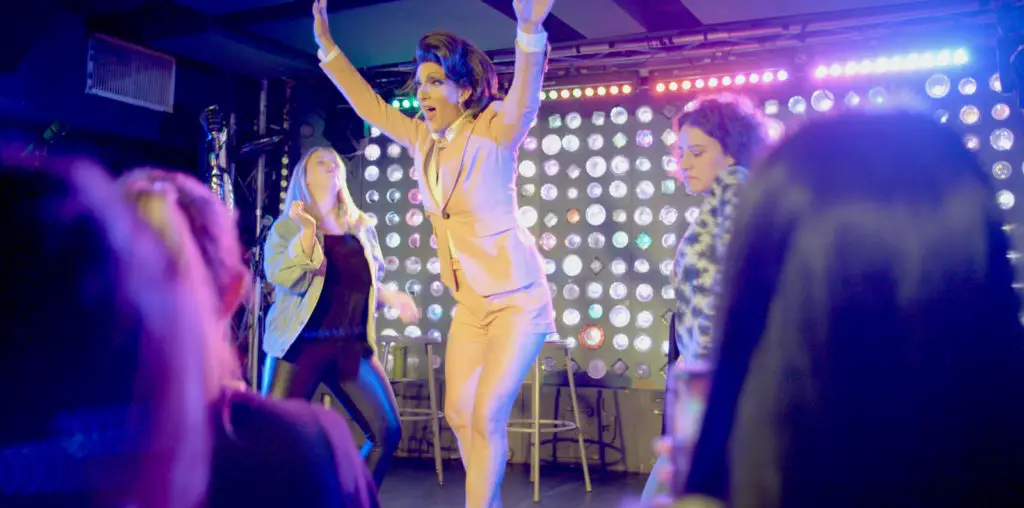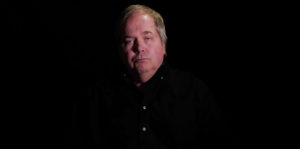
John Hinckley Jr. states that he regrets his attempt to assassinate then-President Ronald Reagan. This admission is a powerful opening to Hinckley, writer-director Neil McGregor’s documentary that captures a pivotal moment in American history and the redemption of a misguided man with a mental illness. The film is Hinckley directly telling us his story.
Hinckley grew up in Dallas, Texas, and had a normal life. However, he always felt isolated throughout his years in school, and music was the one thing that kept him optimistic as a young outsider. The Beatles and Bob Dylan inspired him to become a musician. Hinckley was an aimless 20-something in the mid-1970s, and after briefly moving to New York, his life took a dark turn after moving to Hollywood.
In this sleazy hub for pornographic entertainment, Hinckley becomes captivated by Martin Scorsese’s Taxi Driver. He watched it 15 times and felt a connection to the film’s anti-hero, Travis Bickle, played by Robert De Niro. Bickle became a source of inspiration for him, including buying guns and wearing a military jacket. Hinckley was also infatuated with De Niro’s costar, Jodie Foster. He got carried away with his obsession by frequently making phone calls, sending letters, and stalking her at Yale. Foster clouded Hinckley’s mind, and he wanted to impress her by gaining fame. His first plan was to hijack a plane at Nashville Airport. This attempt went awry as his guns were detected at the security gate. His next plan was to assassinate a president. It did not matter who it was. He thought about assassinating President Carter at an election rally in Dayton, Ohio. When at the event, he came close to him and ended up not killing him.
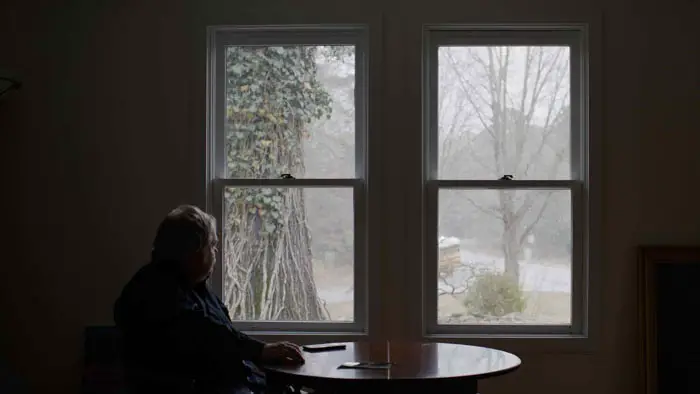
“Foster clouded Hinckley’s mind, and he wanted to impress her by gaining fame.”
After Ronald Reagan won the 1980 presidential election, Hinckley dives into the history we all know. The man made his decision, and in 1981, he was among the crowd at the Hilton hotel in Washington D.C., waiting for Reagan to finish an event. As the president got into his limousine, Hinckley shot at him, and bullets ricocheted off the Presidential limousine. A police officer, Reagan’s press secretary, and an FBI agent were severely wounded by the gunfire. Following this horrific event, Hinckley was put on trial. His parents and brother attended to defend him, as his poor mental illness was the cause of his actions. The trial’s result concluded he was not guilty, and he was sent to Saint Elizabeth’s mental hospital, where he stayed for 40 years. After being released in 2022, Hinckley got back into his passion for writing and performing music.
Hinckley provides a fascinating window into understanding men with serious mental illness issues. Allowing the subject to explain his past feels like a genuine conversation. His self-reflection on decisions provides both sympathy and shock for the audience. The revelation that he had communicated with Ted Bundy, an infamous serial killer, while Bundy was in prison was chilling. The filmmaker ensures maximum impact for such moments, never rushing the narrative, giving it and the audience a chance to breathe and let it all sink in.
Hinckley excels in weaving archival materials. Editors Navaz Illava and Jordan Jeynes made the footage feel engaging and gave it a narrative purpose. I highly recommend this to those invested in American history or, and perhaps more importantly, to all who wish to understand mental health issues and how they manifest.
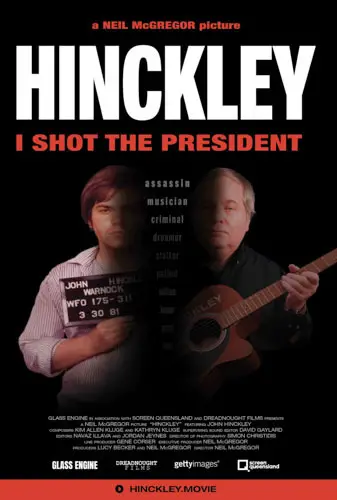
"…fascinating...chilling."
